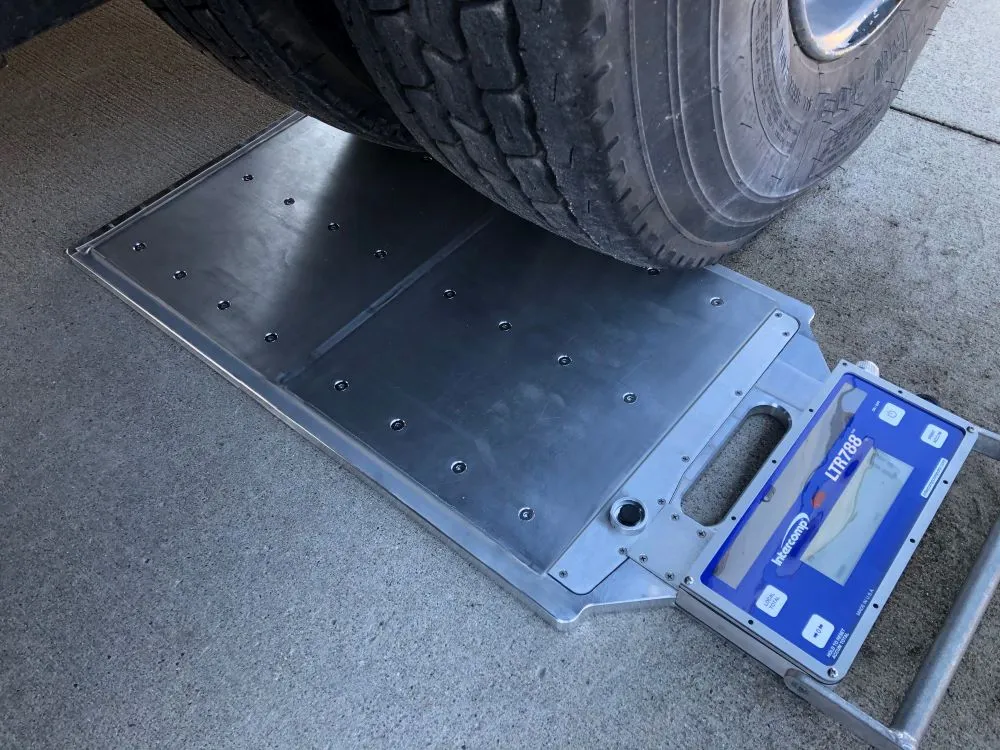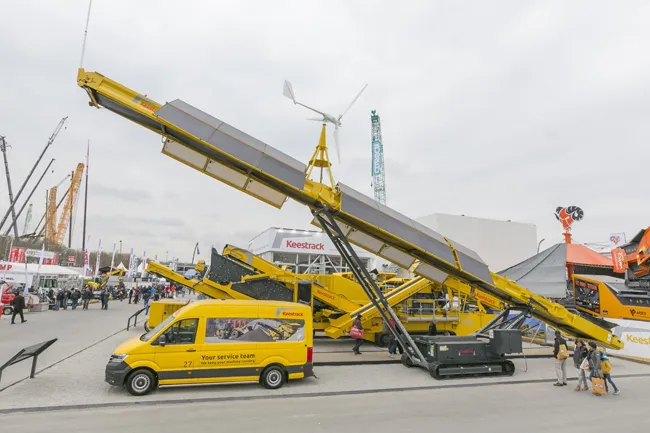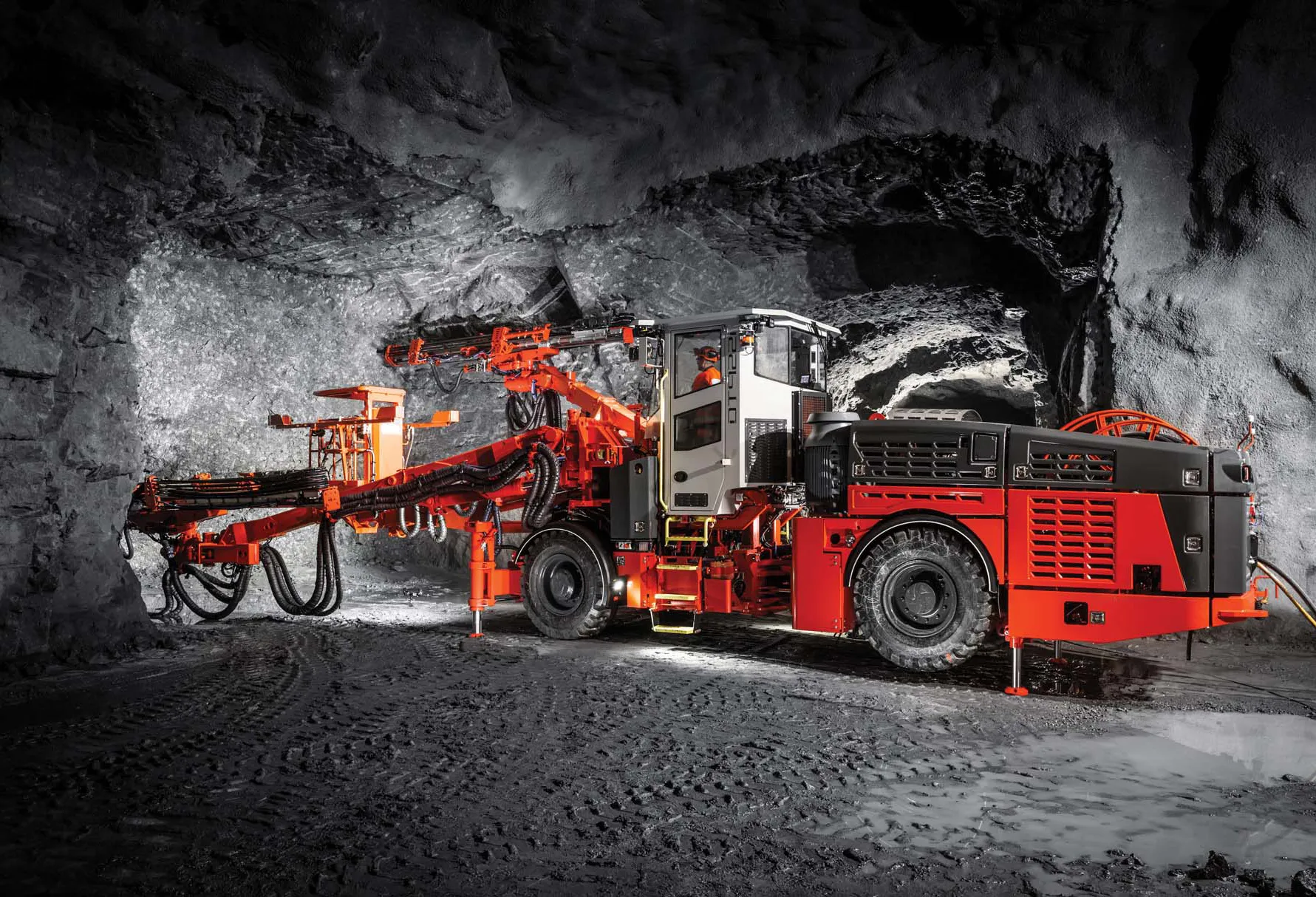
Intercomp, a global manufacturer of portable vehicle weighing and measurement products, has launched the LTR788 Dual Platform Scale, NTEP-certified for commercial vehicle weight enforcement.
Intercomp created the LTR788 Dual Platform Scale for direct measurement of individual tyre loading in a dual-tyre configuration.
Historically, tyre failures within dual-tyre setups have occurred more frequently on inner tyres than outer tyres. However, it was also assumed that individual tyres in a dual-wheel configuration carry near equivalent loads. This was because there was no scale which could directly measure individual tyre weights.
It is now possible with the LTR788 Dual Platform Scale to identify and correct unequal weight distribution within a dual tyre configuration by setting the tyre air pressures to properly load both tyres. Using this information, operators will be able to increase road safety and avoid many common equipment failures relating to uneven tyre wear. They will also save money through improved fuel economy and decreased repair costs.
Proper load distribution through load balancing increases safety by reducing issues related to uneven wear, tyre blow outs and accidents involving overturned trucks. Overrated tyres are not only a major safety concern, but they can also cause a cascade of costly equipment failures by putting stress on the other tyres.
Every mile covered by an overrated tyre damages all other inside tyres, reducing tyre longevity. Fuel savings are also a major benefit of proper load distribution that equates to major cost savings through increased fuel milage.
With a platform height of just 22mm, the lightweight and low-profile design makes the LTR788 easy to move and simple for drivers to position the vehicle. The scale is battery operated and features a solar panel that minimises the need to manually charge the batteries. These fully electronic, self-contained, low-profile wheel-load scales can be used in sets of two-to-six scales or alongside single-platform wheel-load scales for commercial vehicle inspection operations.








